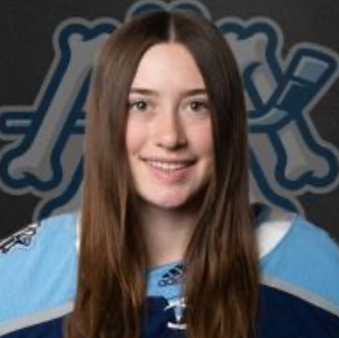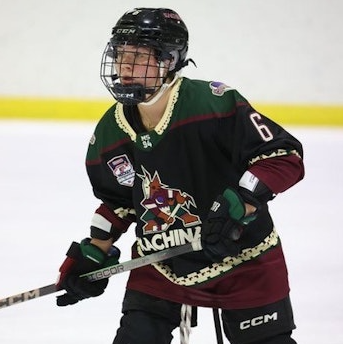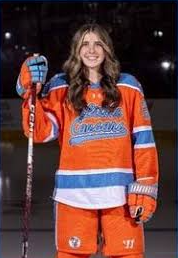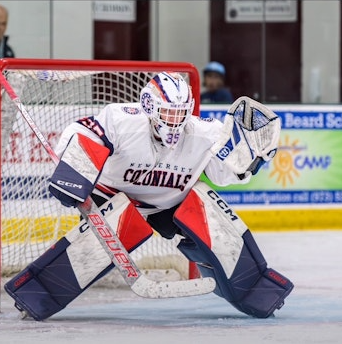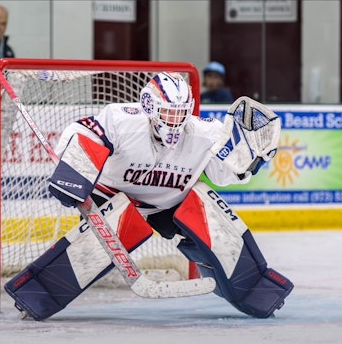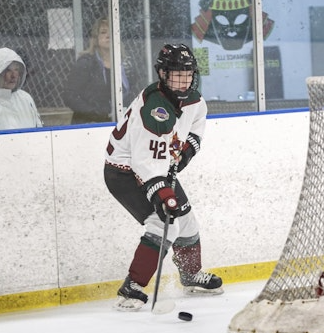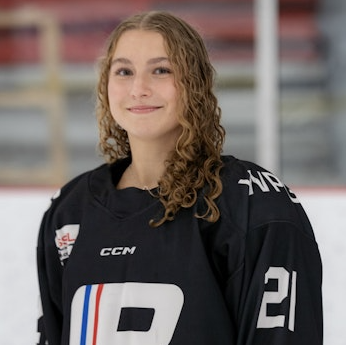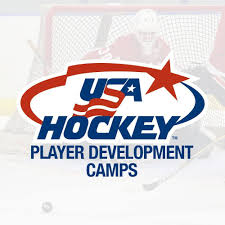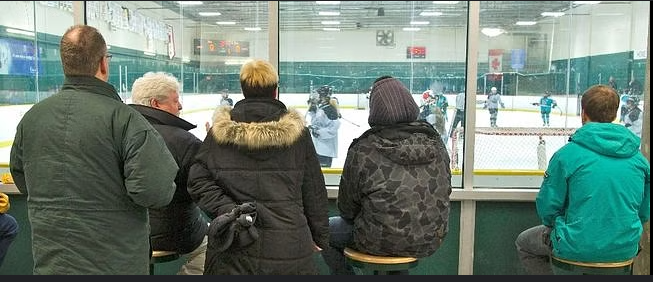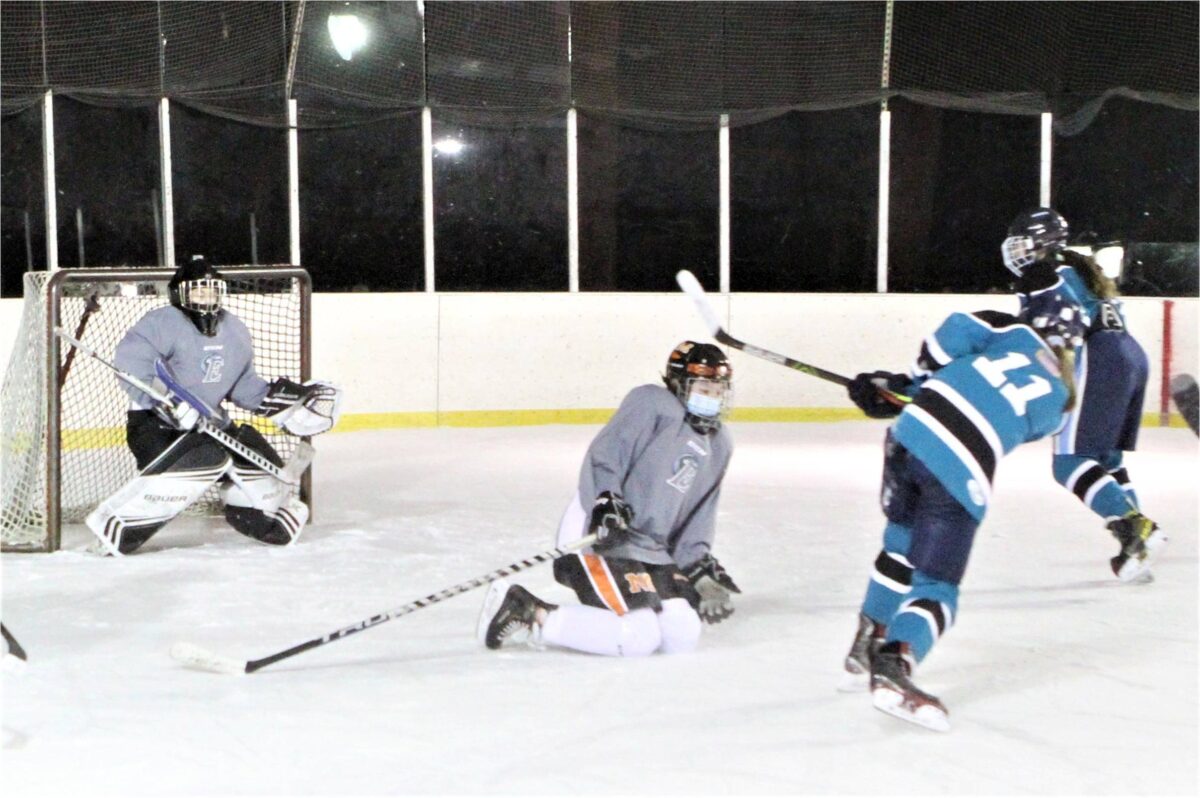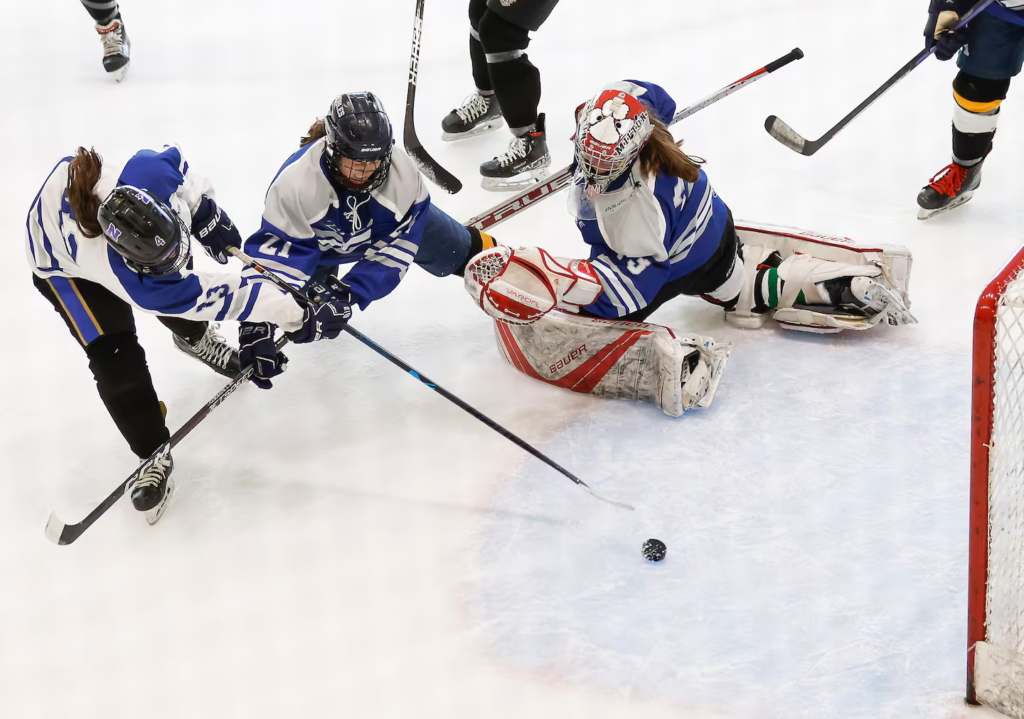Recently, we have received the same question from players and parents during our webinars asking if a U18 (Canada) or U16 (USA) aged player should play on a U22 (Canada) or U19 (USA) team. This post provides some perspective on this topic.
In youth hockey, it’s common to hear about players “playing up” – joining a team at an older age level to challenge themselves or gain exposure. While this can be a great move for some elite players, it’s not always the best path for everyone. If you’re not going to be one of the top players on the older team, it’s often better to stay at your current age level or a younger one. Why? Because what matters most in youth hockey isn’t just saying you’re on an older team – it’s about developing the skills, confidence, and experience that will set you apart in the long run.
Here’s why playing at the right level for your abilities can be a game-changer for your hockey journey:
1. Development Comes First
The ultimate goal in youth hockey is to become the best player you can be, and that requires consistent development. Playing at a younger level gives you more opportunities to take on key roles, be involved in critical plays, and contribute meaningfully to your team.
- More Ice Time: On a younger team, you’re more likely to play in key situations like power plays, penalty kills, and crunch-time moments. This experience is invaluable for your growth.
- Skill Mastery: Repetition builds mastery. You’ll have more chances to handle the puck, take shots, and make decisions on the ice – all of which sharpen your skills faster than sitting on the bench or playing limited minutes on an older team.
2. Confidence is Key
Confidence can make or break a player’s performance. Playing at a level where you can excel boosts your self-belief and encourages you to push yourself even further.
- If you’re constantly struggling to keep up with older players, it can be frustrating and demotivating. But if you’re thriving at your own level, you’ll build confidence in your abilities – and that confidence will carry over when you do eventually move up.
3. Exposure Happens at All Levels
One common reason players (and parents) push to play up is the belief that older teams get more attention from scouts and college coaches. But here’s the reality:
- Scouts Watch All Age Levels: College recruiters and scouts aren’t just looking at older teams. They’re watching for talent and potential at all levels. If you’re a standout at a younger level, you’ll still get noticed – and probably more so than if you were just another player on an older team.
- Consistency Matters: College coaches want players who have a strong foundation and consistently perform well. If you’re excelling at your age level, it’s a sign that you’re on the right track.
4. Team Impact Matters
Being a leader on your team – even at a younger level – teaches valuable skills that will help you as you progress in your hockey career.
- Leadership Opportunities: On a younger team, you’re more likely to be a captain, lead your team in scoring, or play a pivotal role. These experiences are essential for developing leadership qualities and resilience.
5. It’s About the Long Game
Youth hockey isn’t just about today – it’s about where you’ll be in the next 5-10 years. If you skip steps in your development by playing up too soon, you might miss crucial foundational skills that you’ll need at higher levels.
- Skill Progression: By staying at the right level, you can master the fundamentals that will make you a more complete player. This sets you up for long-term success, rather than short-term bragging rights.
Final Thoughts: Focus on Your Growth
At the end of the day, playing at the right level for your abilities is about prioritizing your growth as a player. You’ll still have plenty of opportunities to move up when the time is right, and by then, you’ll be ready to stand out. Remember, the goal isn’t just to say you’re on an older team – it’s to develop into the best player you can be.
Stay focused, work hard, and trust the process. Scouts and coaches notice players who are improving, regardless of what level they’re playing at. Your development is what matters most.
